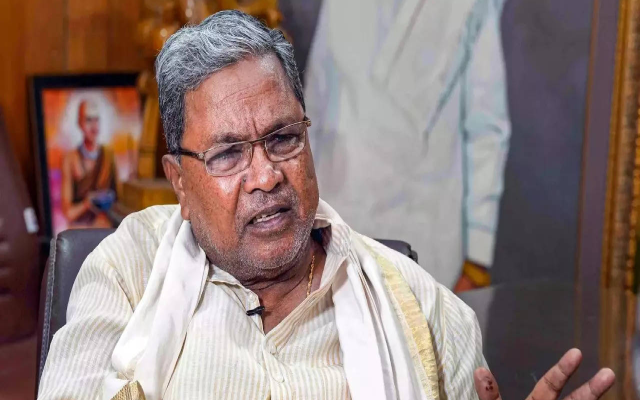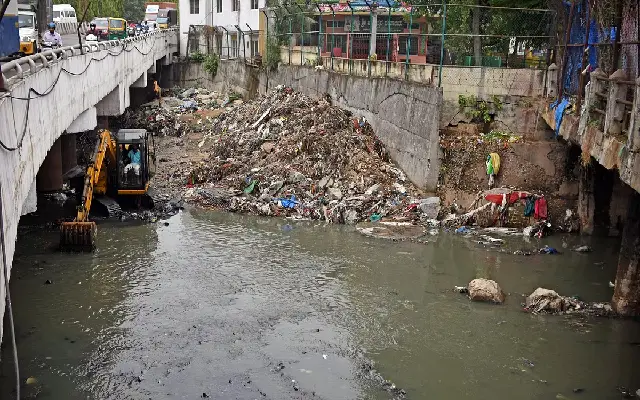 Manipal: The Manipal Poison Detection Centre which was started on March 20, 2015, has been recently recognised by the World Health Organization (WHO) for its contributions as a specialised unit that advises on and assists with the prevention, diagnosis and management of poisoning.
Manipal: The Manipal Poison Detection Centre which was started on March 20, 2015, has been recently recognised by the World Health Organization (WHO) for its contributions as a specialised unit that advises on and assists with the prevention, diagnosis and management of poisoning.
The Centre was established in Kasturba Medical College Hospital, a prominent tertiary care referral hospital, catering to around 1.5 lakh people of Karnataka, Kerala and Andhra Pradesh. It receives a large number of poisoning and drug abuse cases regularly. In order to support diagnosis, early intervention and comprehensive care, the analytical toxicology wing was started in collaboration with the departments of Biochemistry, Forensic Medicine and Toxicology and Pharmacy Practice. It may be mentioned here that the incidence of poisoning in India is among the highest in the world and more than 50,000 people die every year from toxic exposure.
One of the achievements of the Centre has been to improve knowledge on the human health effects of chemicals by conducting health awareness camps with toxicology screening of around 800 active farmers across eight districts of Karnataka in collaboration with the Karnataka Agriculture Pay Commission, which supported this activity with a grant of Rs 15 Lakh.
Recognising the contributions of the Centre in a short period of time, the World Health Organization has listed Manipal Poison Detection Centre in the directory of World Poison Centers on their website. In order to value that recognition, a plaque was unveiled by Dr. H Vinod Bhat, Vice Chancellor, Manipal Academy of Higher Education, Manipal at the Biochemistry Demo Hall 1 recently.
Dr. Bhat complimented the achievement and lauded the collaboration between the departments. Dean Dr. Pragna Rao, highlighted the importance of the Centre and the contributions of each department. This Centre also includes a toxicology laboratory and a clinical treatment unit. It has repositories of data about human exposures to chemicals including information about the agents involved, the circumstances giving rise to exposure and the health effects of exposure.
These data can be used to help reduce the incidence of poisoning by identifying emerging toxicological hazards (a process known as toxicovigilance), stimulating preventive measures by manufacturers and regulators and assessing the efficacy of such measures.
















